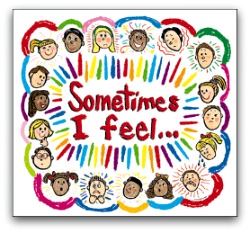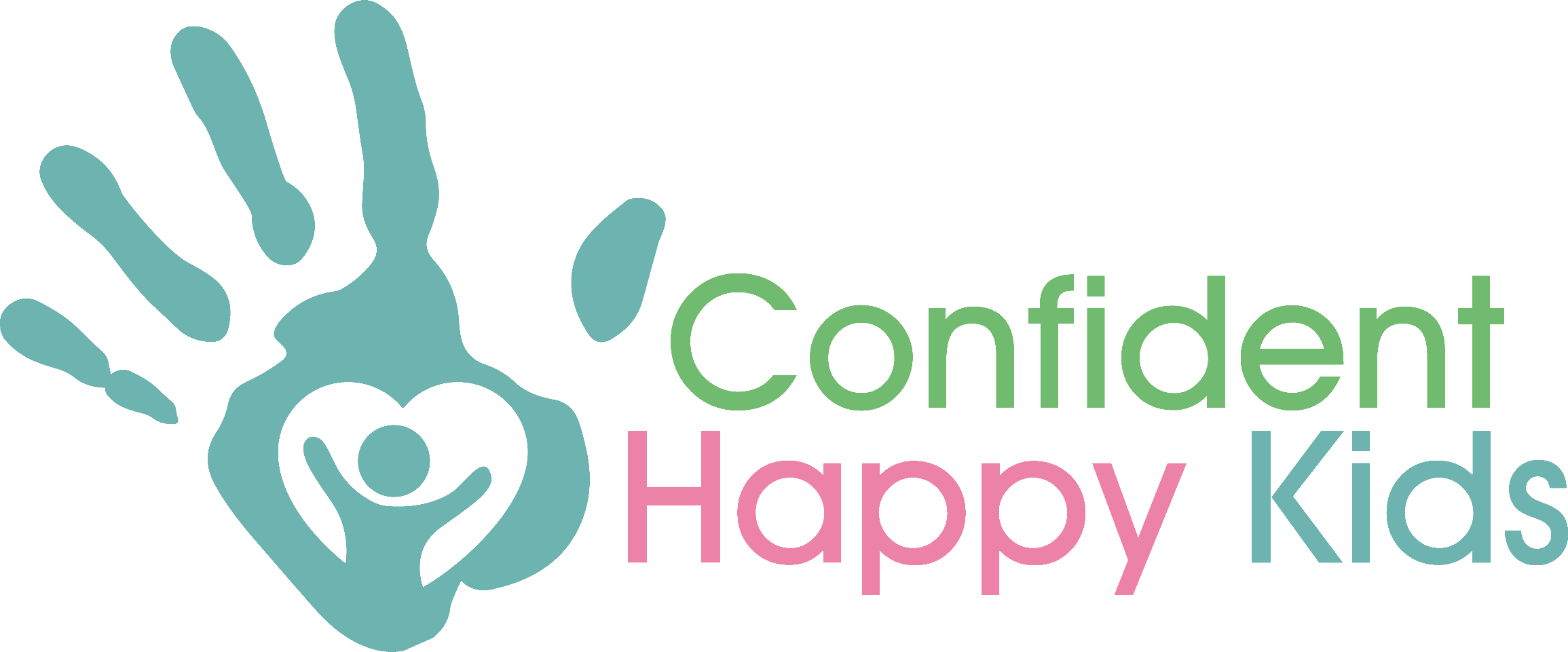This past weekend, I offered a workshop on depression in youth. We started out by talking about the signs and symptoms to watch for. The mom’s that attended the workshop, had all noticed changes in their child’s behavior. The 3 things that all of the moms experienced with their kids were:
- their kids arguing more than usual (ok…sometimes A LOT!!)
- their kids not engaging in activities that they usually enjoyed
- their kids were reluctant to talk to them
 There were other clues as well, such as crying, cutting, getting “lost” in video games, and withdrawing from friends. All the moms said that they often didn’t know what to do to help their child.
There were other clues as well, such as crying, cutting, getting “lost” in video games, and withdrawing from friends. All the moms said that they often didn’t know what to do to help their child.
We spent the next while talking about filling up their “tool box” with techniques and strategies, like meditation, visualization, positive self-talk and Reiki that parents can use to help their child.
These are techniques that I successfully use in my Confident Kids Program to help kids and their families deal with low self-esteem, anxiety or depression.
One of the things that everyone found very valuable, was when my son, Ryan, joined the group. Five years ago, at the age of 16, he became very depressed and suicidal. I shared with the group what it was like from a parent’s perspective and Ryan shared what it was like from his perspective. We were very blessed that he was open to answering questions. Getting his perspective on depression was priceless.
The first question he was asked was, “How did you feel?” He struggled with this question. Finding the words to explain how he felt seemed to escape him. At first, I was surprised, Yet, from my experience with depression, I realized that, even as an adult, it isn’t always easy to put words to the “dark” feelings. This was a great reminder that it is sometimes challenging for a child/youth to describe how they feel inside. If your child answers “I don’t know” when you ask how they are feeling, you could try using a chart, flashcards or pictures. There are also apps for iPhone or iPad, such as Emotions – Flash Cards for Kidz and Touch and Learn – Emotions.
Another question that the moms asked was “What did your mom do that drove you crazy and what did she do that helped?” I must admit, I felt a little anxiety before hearing his answer. He said that when people tried to push him to do things, like go to school, it made it worse. He explained that when he was feeling depressed, he just didn’t want to do anything. His next words, warmed my heart. He said, “Mom got it. She didn’t push me.” I must admit, there were many times I wanted to, especially when it came to school. He missed several months of school I was getting pressured from other people, yet, somewhere inside of me, I knew that he needed time to heal and to figure things out himself. I knew I needed to be there to support him, but I couldn’t fix it for him. Looking back, I am so grateful that I gave him the time and space he needed. Now, I know, that it was the right thing to do.
The other thing that he found helpful was spending time together “just hanging out”. Sometimes I would take him to an appointment and then we would go for lunch or for ice cream afterwards. He remembers those times. He said he found them helpful. To him, it meant I cared.
So besides giving your child “space” and spending quality time with your child, Ryan suggested that parents focus on one thing that their child enjoys. Let kids spend time on that one thing. Sometimes, it’s lots of time and it may drive you crazy, but it will help them. Ryan felt it was very important that your child spend time daily, doing something that brings them joy. For Ryan, the one thing that he would do consistently was play his guitar. He spent many hours playing his guitar and writing his own songs. This helped him work through his emotions. He was also asked about video games, as this can be used as an escape. He admitted to spending hours playing video games. He said it helped with the boredom that he felt. He recommended that if your child is into video games, that you try to encourage them to have a friend over to play the games with them. The connection with friends is very important. Ryan said that sometimes, he wasn’t up to being with friends, but when he was, it helped. He said that if I had tried to insist on him not playing the games, it would have made things worse for him. Eventually, as he moved through his depression, the video games lost the appeal. He cut back on his own.
The last thing that Ryan mentioned that helped him, was talking to someone who had experienced depression. He said he often didn’t feel like talking, but when he did, it was much easier to open up with someone who really understood what he was going through.
There is nothing like experience to teach you or to help you understand. If you are worried about your child being depressed, please call or email me. I am here to help and I truly understand how you feel! Together, we can come up with a plan to help move your child through this difficult time.
For more information on helping your child, please sign up for my Free E-Guide and check out my Events page for Workshops in your area.

